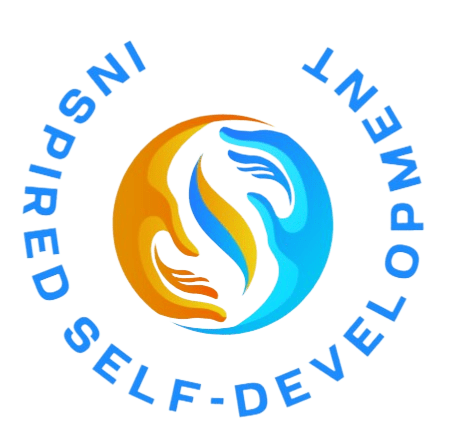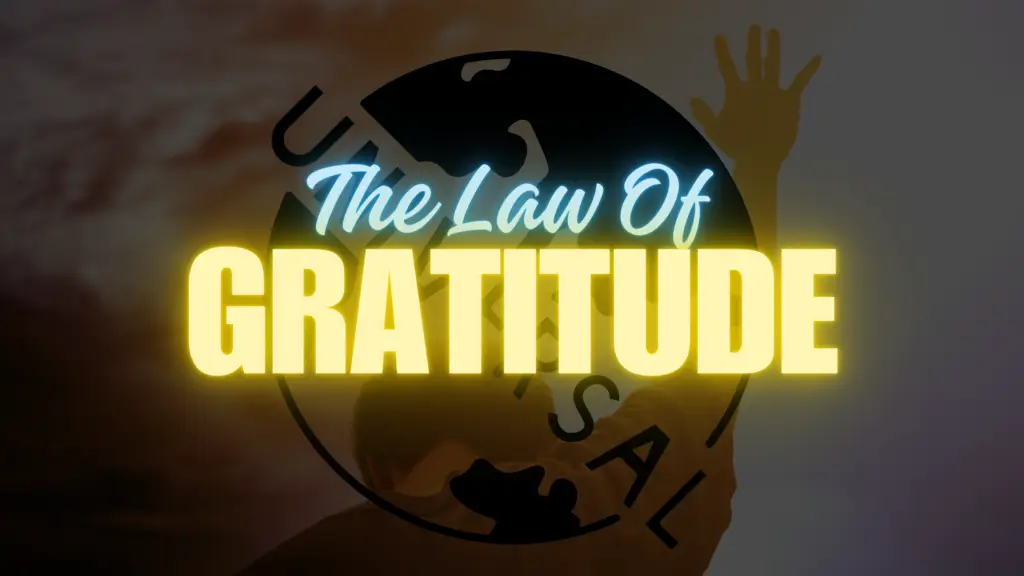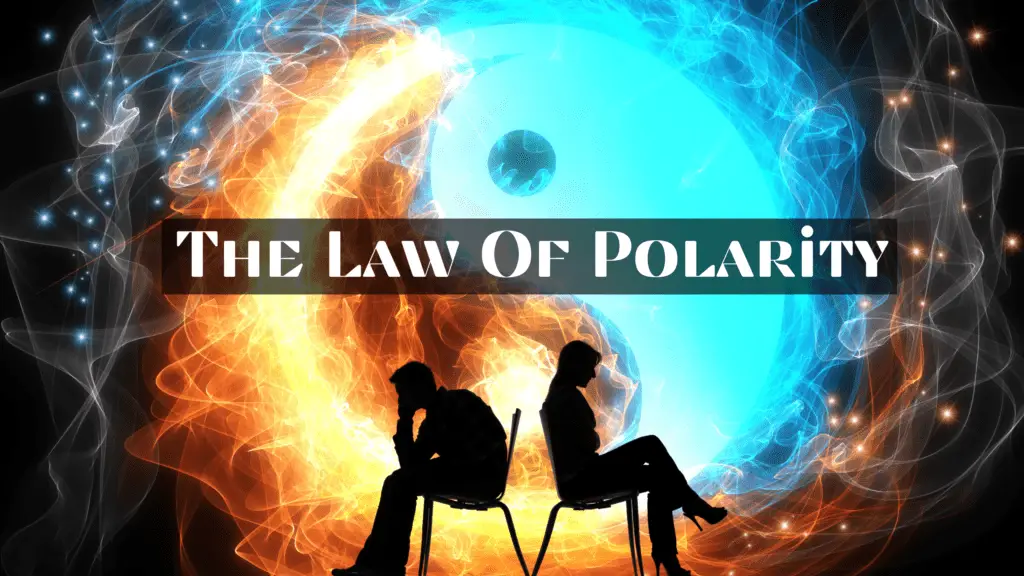Unlock Your Literacy

- Jose Flores
Share Article:
Learn to improve
In an age where the written word can be both a sword and a shield, being literate transcends merely being able to read and write. It’s about understanding, engaging, and making informed decisions based on the myriad of texts that cross our paths daily. But let’s not mince words here: becoming more literate is not just an academic pursuit; it’s a form of inspired self-development that enriches our lives in ways we often overlook.
Learn to Improve Literacy
- Understand the meaning and importance of literacy.
- Discover practical tips to enhance literacy skills: read, write, listen, speak, and think.
- Find ways to improve literacy in both children and adults.
What Does It Mean to Be Literate?
Being literate, in the traditional sense, means having the ability to read and write at a level that allows one to function and contribute effectively in society. However, I argue that literacy is more complex and multifaceted than this definition suggests. It’s not only about decoding symbols on a page; it’s about comprehension, interpretation, and the ability to critically analyze and synthesize information. In today’s digital age, literacy also encompasses digital literacy, media literacy, and information literacy, among others. These dimensions of literacy are crucial for navigating the vast seas of information that flood our daily lives.

Why Is Literacy Important?
Literacy is the backbone of personal empowerment and societal development. It’s the cornerstone upon which we build our understanding of the world and our place within it. Being literate enables us to access information, participate in our communities, and make decisions that affect not only our own lives but those around us. Furthermore, literacy is linked to improved health, economic outcomes, and social integration. The importance of literacy cannot be overstated; it’s a fundamental human right that underpins all other rights.
In a personal anecdote, I recall a conversation with a friend who had struggled with reading in her youth. Her journey to literacy opened up worlds within and beyond her, transforming not just her ability to read, but her ability to empathize, connect, and grow. It was a stark reminder that literacy is not just an academic skill, but a gateway to deeper human experience.
How to Be More Literate
The foundation of becoming more literate is, unsurprisingly, to read—and to read voraciously. But here’s where I diverge from the usual advice: don’t just read what you love; challenge yourself. Dive into genres and topics outside your comfort zone. It’s in the challenge that growth occurs. Fiction, non-fiction, poetry, scientific journals—each genre offers unique insights and vocabulary, broadening your perspective and understanding of language.
Insider Tip: Keep a reading journal. Note down new words, phrases, or concepts you encounter. Reflect on them and how they alter your understanding of the world.
Write
Writing is not just an act of communication; it’s an act of thinking on paper. Whether it’s journaling, blogging, or creative writing, the act of translating thoughts into written words sharpens your ability to articulate ideas clearly and concisely. It forces you to engage with your internal vocabulary, to consider your audience, and to structure your thoughts logically.
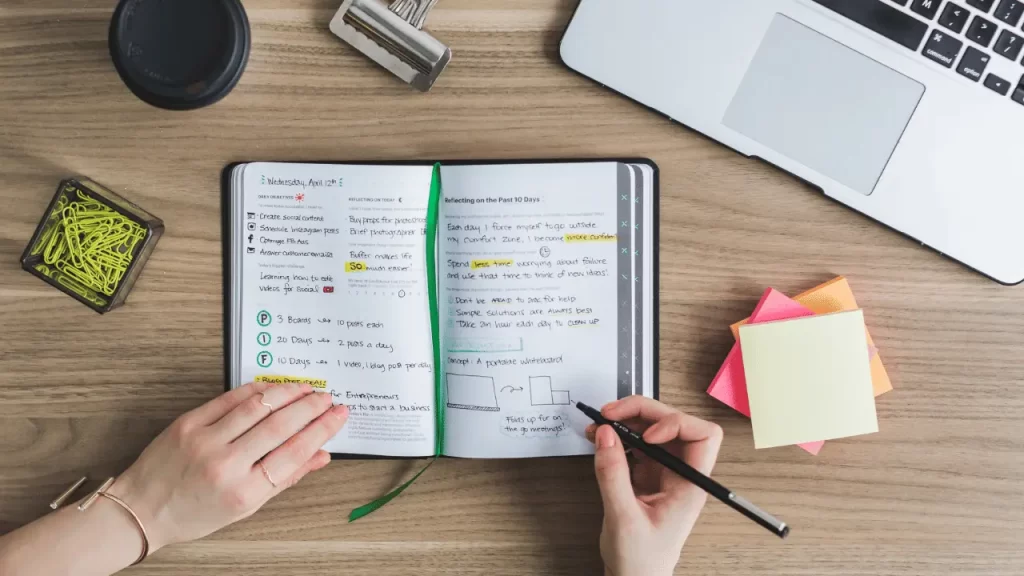
Listen
In the cacophony of voices that fill our world, learning to listen—to really listen—is a form of literacy in its own right. Listening to podcasts, lectures, and conversations, especially those that challenge our viewpoints, can significantly enhance our understanding and interpretation of language. It’s about active listening, engaging with the content, questioning it, and allowing it to inform your understanding.
Speak
Articulation is a muscle that requires exercise. Engaging in discussions, presenting ideas, and even teaching others are ways to enhance your literacy. Each conversation is an opportunity to practice conveying complex ideas succinctly and clearly. Speaking also demands that we listen and process information in real-time, honing our ability to think and articulate simultaneously.
Think
Finally, the most overlooked aspect of becoming more literate is critical thinking. It’s about not just taking information at face value but evaluating it, questioning it, and synthesizing it with what we already know. This kind of thinking is what transforms mere information into knowledge and wisdom.
How to Improve Literacy Skills in Children
Instilling a love for reading at an early age is crucial. Create a reading-friendly environment, where books are accessible and reading is a shared activity. Encourage curiosity by letting children choose what they read and by discussing the content together. Literacy apps and educational programs can also be valuable tools, but they should complement rather than replace the richness of reading physical books and storytelling.

The Power of Literacy From Struggling Reader to Book Lover
Growing up, my younger brother, Alex, struggled with reading. His difficulties made him shy and hesitant to participate in class. However, with the help of dedicated teachers and reading tutors, he slowly began to improve his literacy skills. One day, he picked up a fantasy novel that captured his imagination, and that was the turning point. As he delved into the magical world of books, his reading skills improved drastically. Not only did Alex become a confident reader, but he also developed a love for storytelling and creative writing. This transformation not only boosted his academic performance but also helped him gain confidence and express himself better in all areas of his life.
This personal journey clearly demonstrates the transformative power of literacy. It shows that with the right support and resources, anyone can enhance their reading and writing skills, leading to a world of opportunities and personal growth.
A Final Word
In closing, being literate in the 21st century means more than being able to read and write; it means being equipped to navigate, understand, and contribute to the world in meaningful ways. It’s a journey of continuous self-improvement that enriches not only our own lives but those of the people around us. Let us embrace literacy in all its forms, for it is through words that we shape our reality and our future.
The journey to becoming more literate is both a personal and collective endeavor. It demands that we not only engage with the world around us but also reflect on our place within it. As we strive to enhance our literacy, let us remember that it is a gift—a tool that empowers us to dream bigger, think deeper, and connect more profoundly with the human experience.
Related: Habits: The Building Blocks
Questions
Who can benefit from learning how to become more literate?
Answer: Anyone looking to enhance their reading and writing skills can benefit.
What are some tips for improving literacy skills?
Answer: Reading regularly, expanding vocabulary, and practicing writing are key.
How long does it typically take to improve literacy skills?
Answer: The time it takes varies, but consistent practice can lead to progress.
What if I struggle to stay motivated while working on literacy?
Answer: Set small goals, track your progress, and reward yourself for achievements.
How can I make reading a habit in my daily routine?
Answer: Schedule specific times for reading, carry a book with you, and limit distractions.
What if I feel overwhelmed by the task of improving literacy?
Answer: Break it down into smaller tasks, seek support from others, and stay patient.
- All Posts
- Mindset Mastery
- Self-Development
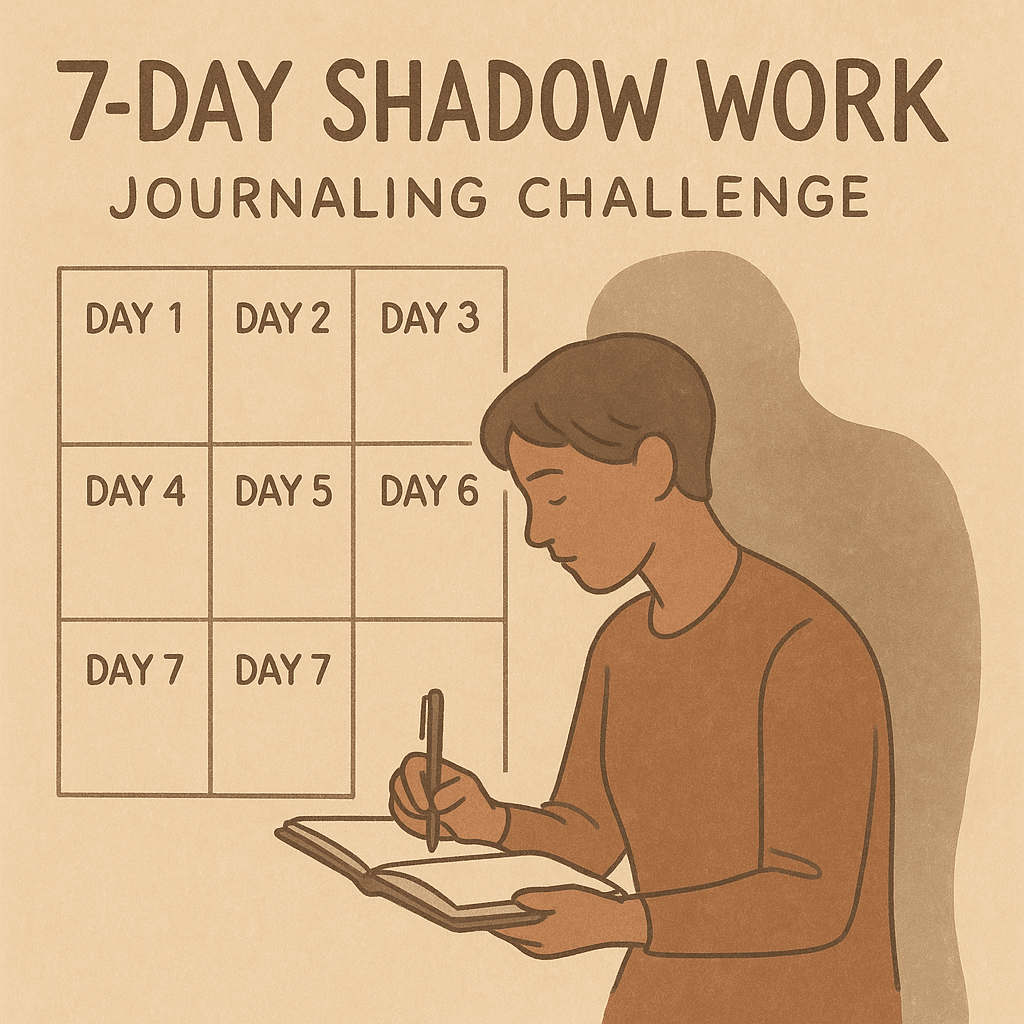
Unearth the parts of yourself you’ve hidden with “What Is Shadow Work?”—a concise guide featuring a 7-day journaling challenge, expert...

Delayed gratification is a powerful skill that can transform your life by prioritizing long-term rewards over immediate desires. Discover its...

Explore practical tips and insights for creating a conducive environment that promotes personal growth and development.
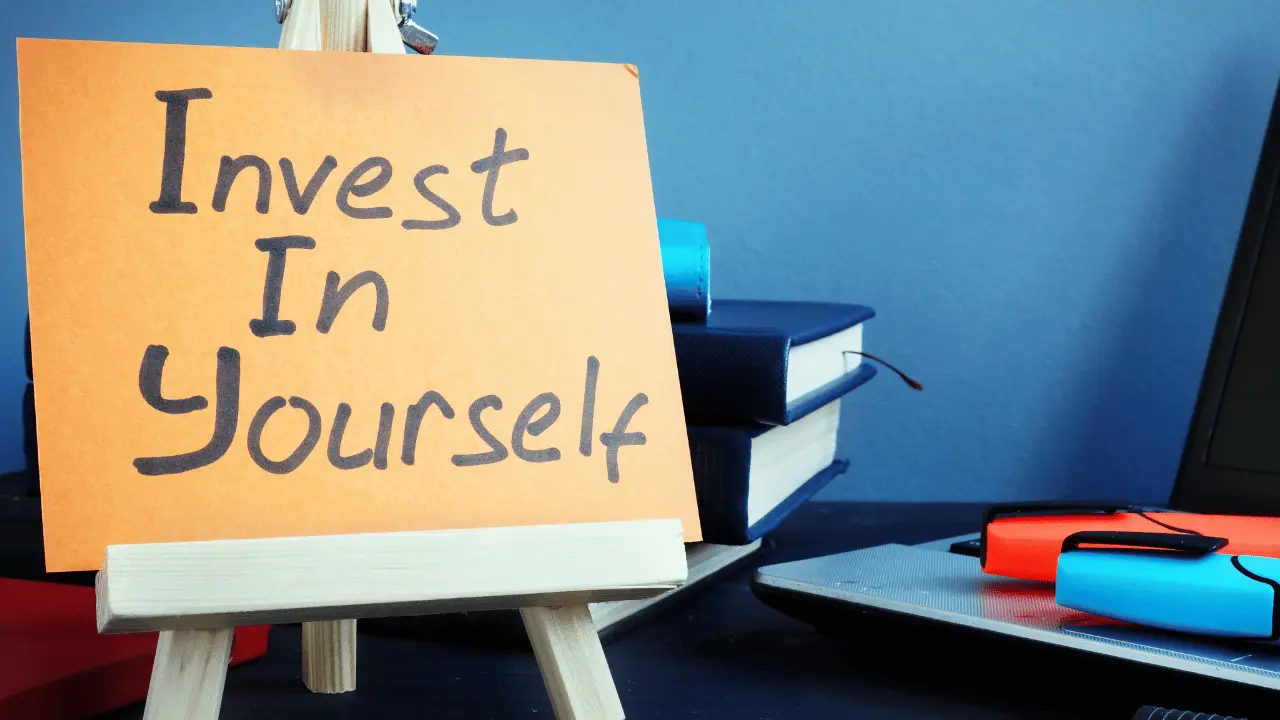
Systematic self-improvement techniques stand out as essential tools for achieving success and fulfillment. These techniques are not just about sporadic...
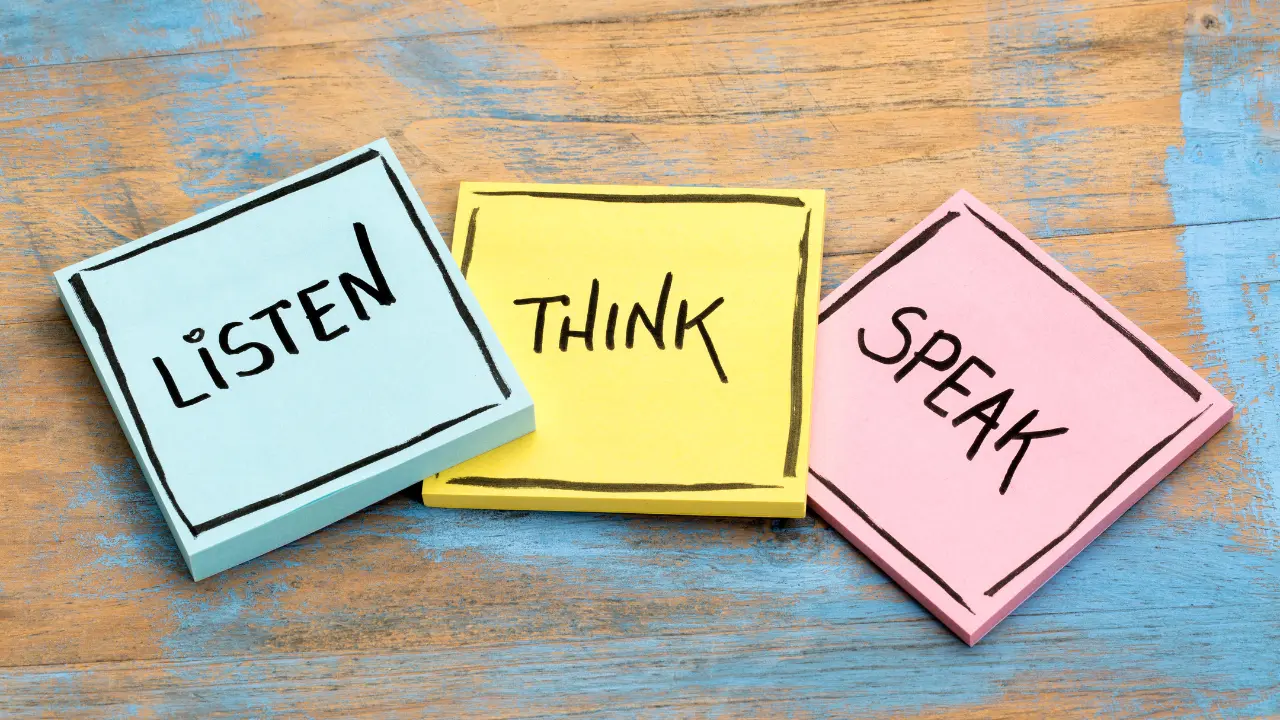
Articulation is not merely about the accuracy of speech; it encompasses the ability to express thoughts in a clear, effective,...

In an age where the written word can be both a sword and a shield, being literate transcends merely being...
Welcome
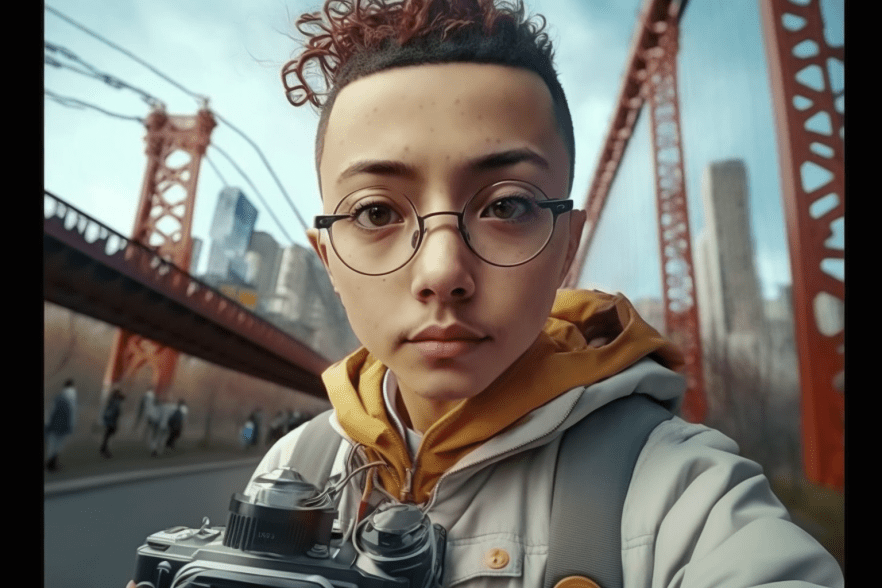
Hey there! I’m Jose Flores, your guide on this journey of self-discovery and inspired living. As a passionate advocate for personal development, I believe that every small step we take leads to profound transformation. Join me as we navigate the twists and turns of life, uncovering the secrets to self-mastery, mindfulness, and positive growth
